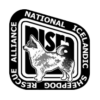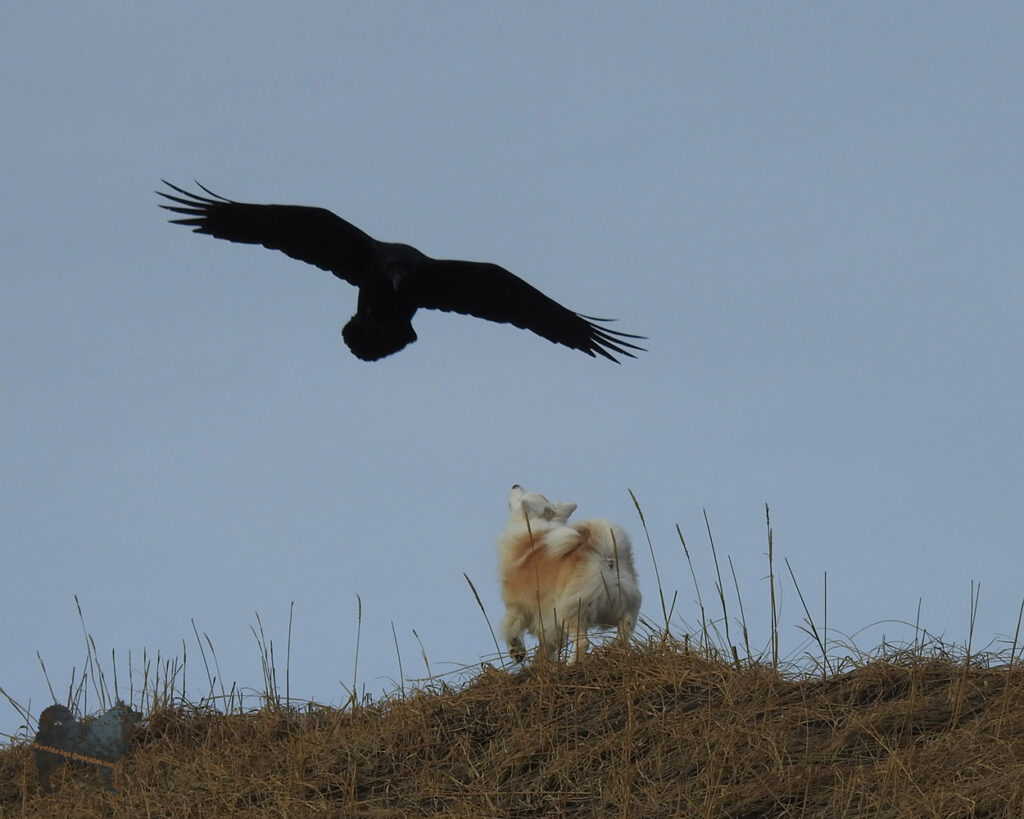The Unparalleled Skills of Icelandic Sheepdogs in Herding: A Tradition Rooted in Iceland’s History
Iceland, known for its rugged landscapes and unique cultural heritage, is also home to the Icelandic Sheepdog, a breed that has played a pivotal role in the country’s agricultural practices for centuries. Esteemed for their herding abilities, these dogs are not just pets but vital workers in managing livestock, particularly sheep and horses, which are central to Iceland’s rural economy.

Adaptation to Iceland’s Terrain and Climate:
The Icelandic Sheepdog, a breed that dates back to the settlement of Iceland by the Norse, has evolved to thrive in the country’s harsh and varied terrain. This adaptability is critical in navigating the challenging landscapes, from rocky hills to expansive fields, where sheep and horses graze. Their thick double coat provides essential protection against Iceland’s cold, wet weather, ensuring they can work effectively year-round.

Innate Herding Instincts and Intelligence:
Bred specifically for herding, Icelandic Sheepdogs possess innate instincts that make them exceptional at managing livestock. Their intelligence and eagerness to please allow them to understand and execute complex commands, making them invaluable in directing the movements of sheep and horses. This breed is known for its “bark and gather” approach, using their bark to direct animals, a method particularly effective in the vast open spaces of Iceland.

Versatility and Endurance:
Icelandic Sheepdogs are not only skilled in herding but also display remarkable versatility and endurance. They are equally adept at managing different types of livestock, a necessary trait in Iceland’s diverse agricultural sector. Their stamina allows them to work long hours, covering extensive areas without tiring quickly, an essential attribute in Iceland’s expansive rural landscapes.

Cultural Significance:
Beyond their herding capabilities, Icelandic Sheepdogs hold a special place in Iceland’s cultural heritage. They are a symbol of the country’s pastoral traditions and rural way of life. The preservation of this breed is seen not just as a matter of practicality but also as a way to maintain a vital link to Iceland’s history.
In conclusion, the use of Icelandic Sheepdogs in herding sheep and horses in Iceland is rooted deeply in their adaptability to the local environment, innate herding instincts, versatility, and cultural significance. These traits combine to make them an indispensable part of Iceland’s agricultural landscape, embodying a tradition that continues to be as relevant today as it was centuries ago.

